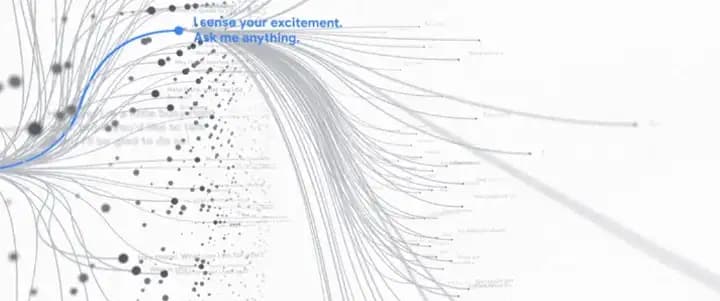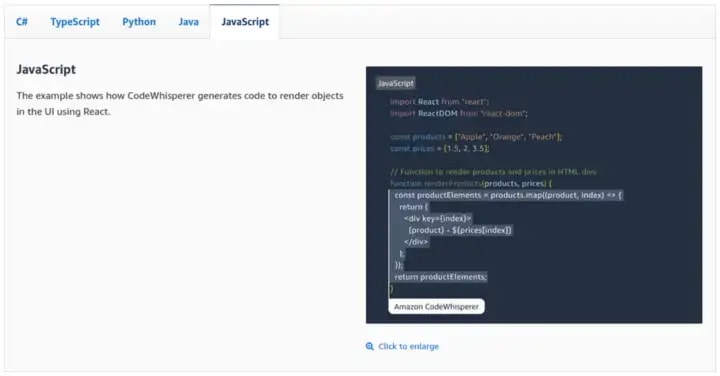We all know about OpenAI and its products: ChatGPT, Dalle, and Codex.
As of January 16, 2023, Microsoft declared Azure OpenAI Service generally available.
According to the announcement, “With Azure OpenAI Service now generally available, more businesses can apply for access to the most advanced AI models in the world — including GPT-3.5, Codex, and DALL•E 2”.
Here is why many of us won’t get access any time soon and why we should stop talking about AI democratization.
More Businesses
Microsoft invested in OpenAI in 2019 through an exclusive partnership. Now, it is time to reap the benefits of that investment. Individuals are not in scope, yet.
As reported in the announcement above, Microsoft wants to commercialize what we have seen with ChatGPT to make it available to “more businesses”.
For this reason, the preview access requires an Azure Subscription ID that belongs to an organization.
If you try to get access, make sure you use a business Azure Subscription ID because the next field will double down on the business requirement.
This is an excellent way to collect data and open a new sales channel!
Let’s recap.
If you want to get access as a private individual or developer, you are out.
If you are a business but don’t use Azure, you are out.
If you work for a company that uses Azure, you still might be out, depending on your company policies. Some businesses could hide Azure Subscription IDs for one reason or another.
Finally, if you are working for a company that uses Azure and allows you to use an Azure Subscription ID, you can apply.
While they won’t reach 1 million users in 5 days, they might get new Azure customers and they have a compelling case to retain the current ones.
Responsible AI
Other than collecting data on prospective buyers, a second reason to require an application to get access is reported in the announcement.
“As part of our Limited Access Framework, developers are required to apply for access, describing their intended use case or application before they are given access to the service.”
That is one way to try to filter out malicious actors. Furthermore, “Content filters uniquely designed to catch abusive, hateful, and offensive content constantly monitor the input provided to the service as well as the generated content.”
While it is easy to support the reasoning, the final line seems pretty weak.
“In the event of a confirmed policy violation, we may ask the developer to take immediate action to prevent further abuse.”
Microsoft could easily suspend malicious accounts or even single Azure Subscriptions.
AI Oligopolization
Oligopolization is the process by which a market becomes dominated by a small number of large firms.
While we hear about AI democratization, I would talk about AI oligopolization.
Microsoft stepped forward, invested in OpenAI, and lets them operate almost independently for a few years. Now they planted a flag for what concerns the race to AI.
In the span of months, I would expect Microsoft to roll out features across most of their products: Office, especially Word and PowerPoint, Outlook, Bing, etc.
If you are laughing at Bing, think again. ChatGPT took 5 days to reach 1 million users who had to sign up to use it.
The New York Times published an article titled A New Chat Bot Is a ‘Code Red’ for Google’s Search Business, where it outlines how ChatGPT sparked concerns about the future of Google Search.
Google LaMDA
Google has its own chat AI called LaMDA, or Language Model for Dialogue Applications.
Google’s point of view is that “even when the language it’s trained on is carefully vetted, the model itself can still be put to ill use.”
However, they are working on it, and sure enough, after Microsoft's announcement, they increased their focus on AI and AI products.
Amazon Lex and Code Whisperer
Needless to say, Amazon is following the developments very closely.
AWS offers Amazon Lex, a conversational AI, using voice and text. It uses natural language understanding (NLU) and automatic speech recognition (ASR) to understand user inputs and generate responses.
However, it is far from ChatGPT.
Amazon CodeWhisperer is a bit similar to Github Copilot and not even close to OpenAI Codex.
Microsoft, Google, and Amazon
The trio knows a thing or two about monopolist positions. However, the game is still open.
Microsoft started 2023 with a bold move, but we can expect Google and Amazon to do their best to catch up.
Both have access to huge amounts of data on which they can train AI models. Moreover, both are in a strong financial position and can afford investments in the order of billions.
2023 could turn out to be a rough year, but the race to AI is just started.








Top comments (0)